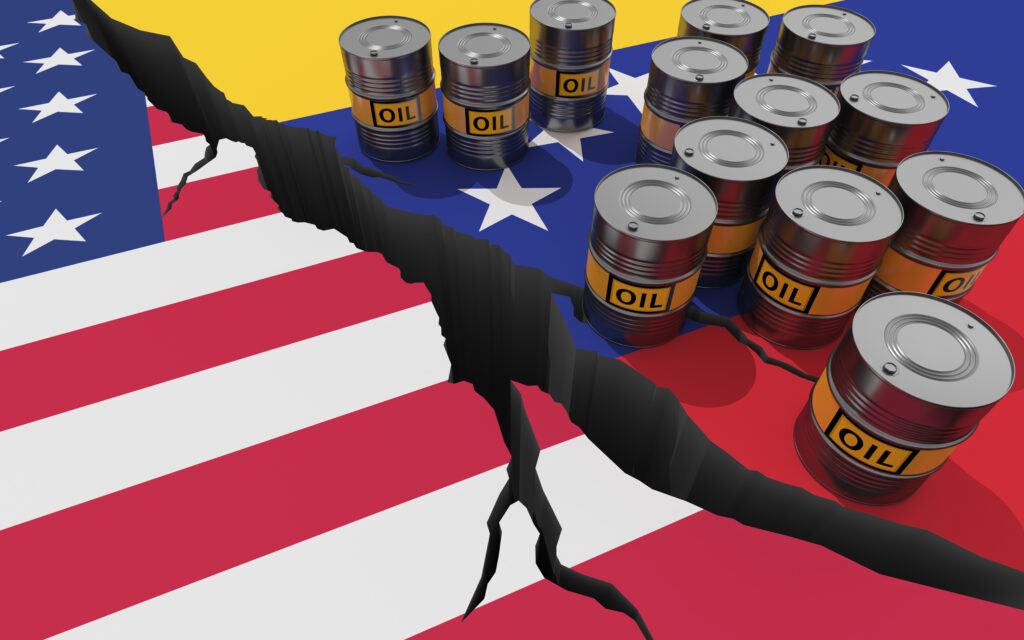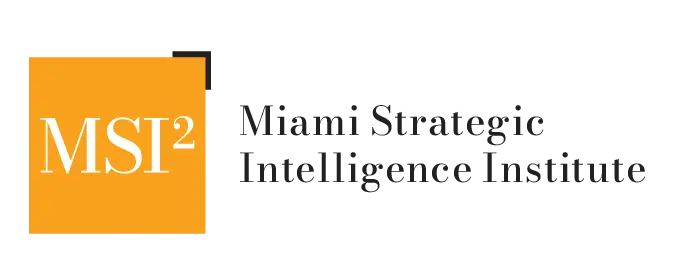23 May From Envoy to Liability: Is Richard Grenell Undermining U.S. National Interests in Venezuela?
By,
Jesús Daniel Romero, Co-Founder, Senior Fellow, MSI²
In the realm of high-stakes diplomacy, credibility, discipline, and strategic depth are essential. As the Trump administration re-engages with Latin America, an internal rift threatens U.S. strategic coherence.
Special Envoy Richard Grenell’s recent actions in Venezuela have not only undermined Secretary of State Marco Rubio’s coherent regional doctrine but have also exposed serious gaps in judgment, loyalty, and understanding.
Grenell may represent a strategic liability to the administration’s foreign policy and U.S. national interests.
Grenell’s Misstep in Caracas
In May 2025, Grenell traveled to meet with the Maduro regime, securing the release of U.S. Air Force veteran Joseph St. Clair. However, the cost of that deal—a proposed 60-day extension of Chevron’s license to operate in Venezuela—was not vetted through the Department of State or approved by Secretary Rubio (Reuters, 2025). Worse still, sources indicate that Grenell appeared unaware of how many additional Americans remained imprisoned in Venezuela until informed by Maduro himself (El País, 2025).

Misunderstanding the Regime
Maduro’s regime survives through manipulation and extracting maximum benefit from any perceived concession. Grenell’s offer to extend Chevron’s license was not seen by Caracas as a gesture of goodwill but as a sign of weakness. This miscalculation underscores Grenell’s superficial understanding of the Venezuelan regime’s tactics and the broader geopolitical implications.
Disconnected from the Chain of Command
Grenell’s decision-making process appears divorced from the institutional framework designed to ensure consistency and national alignment. Acting as if he reports only to the president, he has undercut the Secretary of State and defied the discipline necessary in matters of foreign policy. This disunity within the U.S. government is not a glitch—it’s an opportunity exploited by authoritarian regimes like Maduro’s.
A Record of Contradiction
Compounding these actions is Grenell’s well-documented history of criticizing President Trump before his first election. Public posts from his X (formerly Twitter) account prior to the 2016 election reveal a pattern of criticism and skepticism toward Trump’s candidacy (Politico, 2020). This history raises questions about his current motivations and loyalty.
Conclusion: A National Security Risk
Grenell’s lack of regional expertise, failure to consult with the State Department, and poor understanding of Venezuela’s negotiation tactics have made one thing clear: he is a liability to U.S. national interests. If the Trump administration is serious about restoring credibility and influence in the Western Hemisphere, it must reassert the chain of command and support the strategic leadership of Secretary Marco Rubio.
References
El País. (2025, May 21). Maduro libera a un estadounidense mientras Trump estudia una prórroga para que Chevron siga operando en Venezuela. https://elpais.com/internacional/2025-05-21/venezuela-libera-a-un-estadounidense-mientras-trump-estudia-una-prorroga-para-que-chevron-siga-operando-en-venezuela.html
Politico. (2020, February 21). Trump’s new intel chief was a Trump critic in 2016. https://www.politico.com/news/2020/02/21/grenell-trump-critic-116648
Reuters. (2025, May 22). Rubio says oil license in Venezuela will expire May 27. https://www.reuters.com/business/energy/rubio-says-oil-license-venezuela-will-expire-may-27-2025-05-22/
The opinions expressed in this article are those of the author and do not necessarily reflect the views of the Miami Strategic Intelligence Institute (MSI²).
